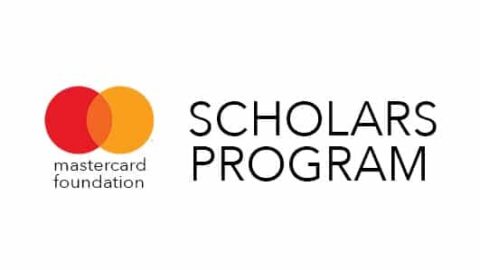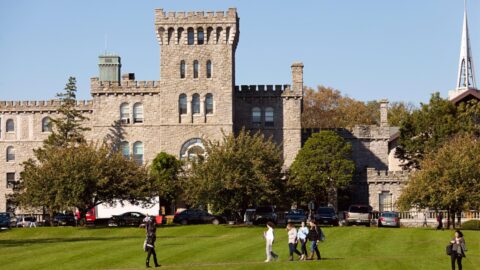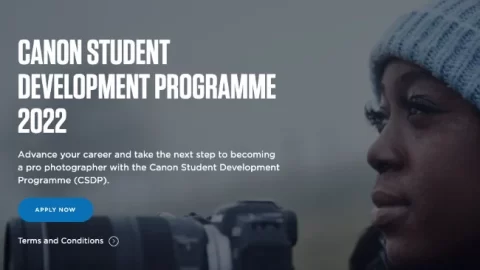The Africa Prize for Engineering Innovation, founded by the Royal Academy of Engineering, is Africa’s biggest prize dedicated to engineering innovation.
Now in its eighth year, the Prize awards commercialisation support to African innovators developing scalable engineering solutions to local challenges. These innovations show the importance of engineering in improving quality of life and economic development. Applications for Africa Prize 2023 are now open.
WORTH
- Access to business and technical expertise and sector-specific engineering mentoring
- Bespoke press coverage and communications support
- Seven month tailored training programme
- Access to the Academy’s network of high profile engineers and business experts in the UK and Africa.
- Opportunity for finalists to present their innovation to a judging panel at the Africa prize showcase event
- Prize money of up to £25,000
ELIGIBILITY
- The application must be written in English.
- The applicant must have a high level of English language proficiency in order to participate fully in the programme as this is conducted entirely in English.
- The lead applicant must be over the age of 18 when applications close on 19 July 2022. There is no upper age limit.
- Previous shortlist members or winners are not eligible to participate in the programme again, nor is anyone who was involved in their team or innovation
- Applicants can apply as an individual or as part of a team.
- The lead applicant must be a citizen of a country in sub-Saharan Africa. For teams of two or more, the lead applicant (the person participating in training) must be a citizen of a country in sub-Saharan Africa.
- The lead applicant must be ordinarily based in sub-Saharan Africa; if based overseas, this must be temporary for studies or otherwise.
- The innovation must be based in a country in sub-Saharan Africa.
- The lead applicant must have an engineering innovation, although they are not required to be an engineering graduate or student to apply.
- The lead applicant must provide a letter of support from a university, research institution, innovation hub or previous incubator programme. This can be as simple as stating that an individual studied at or was involved with that institution. If applicants are not affiliated with any organisation, another document proving the status of their organisation or innovation, such as a document of incorporation or patent certificate, may be used.
- Industrial researchers and establishments are not eligible.
- The innovation can be any new product, technology or service, based on research in engineering defined in its broadest sense to encompass a wide range of fields. This includes but is not limited to: agricultural technology, biotechnology, chemical engineering, civil engineering, computer science, design engineering, electrical and electronic engineering, ICT, materials science, mechanical engineering, and medical engineering. If you are in any doubt that your area of expertise would be considered as engineering, then please contact the Academy to discuss your application.
- The innovation must be at technology readiness level 3 or above. Evidence of a prototype should be provided in the application. To learn more about technology readiness levels,
- The lead applicant must provide a letter of consent from the originators/collaborators of the IP to this innovation, where relevant.
- The lead applicant must provide a technical diagram and photo that showcases the technical aspects of the innovation as part of their application.
- Applicants should have developed, and be in the early stages of commercialising, an engineering innovation that:
•will bring social and/or environmental benefits to a country/countries in sub-Saharan Africa•has strong potential to be replicated and scaled-up•is accompanied by an ambitious but realistic business plan that has strong commercial viability.
DEADLINE: July 19 2022
To apply and for more information visit here







